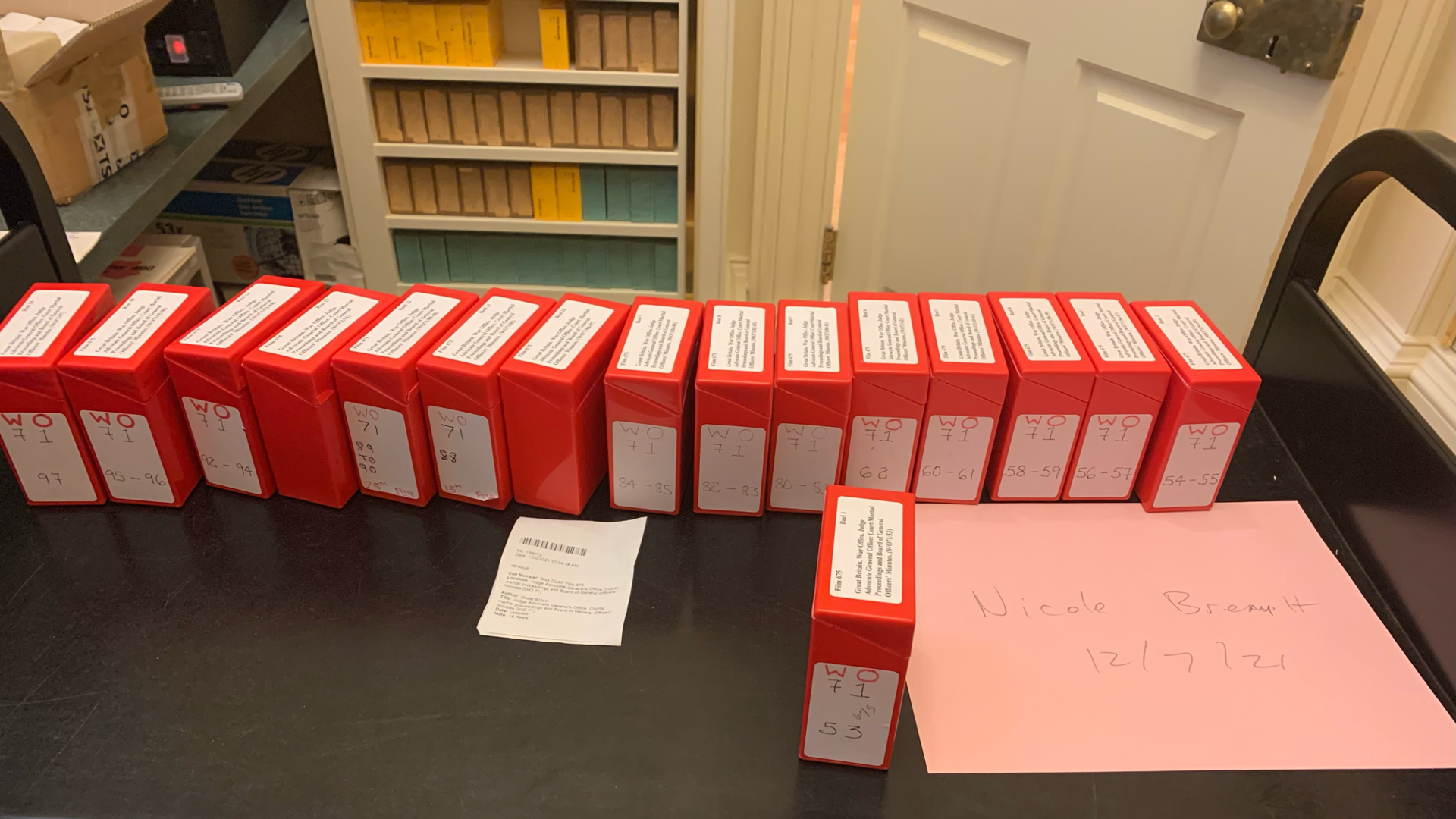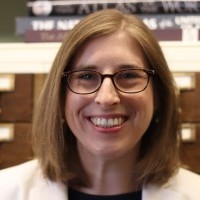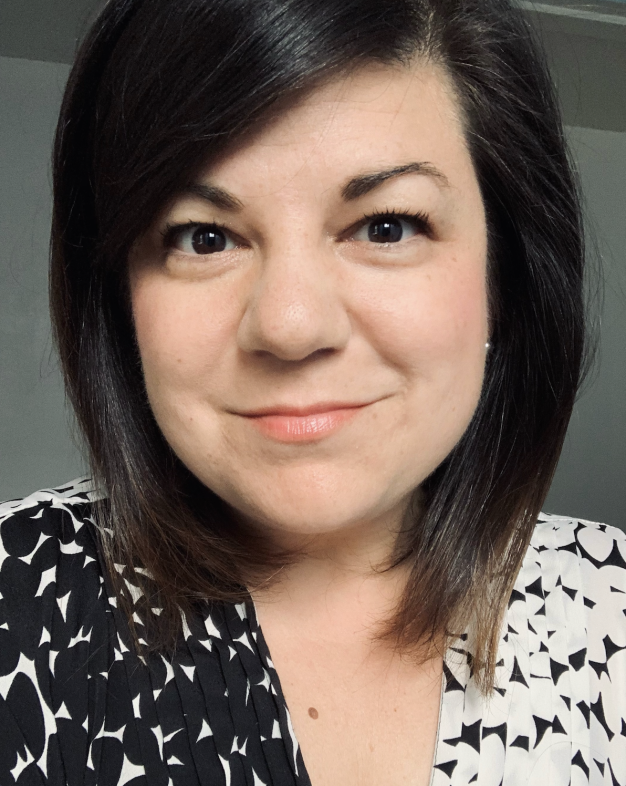Featured Fellow: Nicole Breault, 2021-2022 David Center for the American Revolution Predoctoral Fellow
Nicole Breault received her Ph.D. in early American history from the University of Connecticut in 2022. She is currently the 2022-2024 Emerging Scholars Postdoctoral Fellow in the history department at Roanoke College in Salem, VA.
Briefly describe your research project.
“The Night Watch of Boston” is the first book-length study of watch-keeping in early America. Drawing on a neglected collection of 18th-century night constables’ reports, my manuscript-in-progress illuminates the role of local-level policing in the development of an early American city and the context of an empire in crisis. Comprised of ordinary men of lower-middling and laboring class status, watches were essential to early American towns. Night constables and watchmen kept the peace, protected private property, and facilitated social welfare. The town of Boston continuously refined its approach to watchkeeping to develop an institution that supported community, Atlantic trade, and local governance. I argue that watch practice reflected a multi-dimensional approach to care—providing welfare for those in need and focused attention on individual and local issues—an approach to governance that was distinct from the form of policing that developed in the mid-19th century. My research also reveals the overlooked role of local-level policing during the two occupations of Boston by the British Army (1768-1770 and 1774-1776). Tension and uncertainty led the King’s forces and Boston’s watchmen to engage in a variety of confrontations, ranging from verbal insults to physical violence, that served as sites to negotiate authority, matters of identity, and meaning. I argue that watchmen became highly visible actors in the struggle to assert the town’s right to self-governance and in the larger contest for empire.
What collections did you use while working at the APS?
I primarily worked with the collections of the David Library at the APS. While Boston is not a key feature of the Sol Feinstone Collection of the American Revolution (ca.1760s-1850) a variety of sources on the impending crisis, occupation, and evacuation of Boston are nestled within the collections. I mined materials on the Stamp Act, pamphlets and writings on the Boston Port Bill, accounts of the siege of Boston including correspondence and journals, and records of military courts convened in Boston in 1774 and 1775. Over the course of the year, I spent a good deal of time with the David Library’s impressive microfilm holdings, particularly the records of the Judge Advocate General's Office: Courts martial proceedings held as part of the War Office collection in the National Archives in London.

What’s the most interesting or most exciting thing you found in the collections?
I found the Judge Advocate General's Office records to be fascinating! I read through all of the court martials held over 1774 and 1775 and I was struck by how dramatically the cases varied by location. In Boston, a number of men were executed for theft and desertion. Others were pardoned. One case I found particularly interesting was a court martial from August 1775. Robert Ellingsworth, a soldier in the 63rd Regiment of Foot, was found near the water, “pointing toward the rebel shore” and accused of desertion. After an involved trial, the testimonies of several witnesses demonstrated that Ellingsworth had a long-established pattern of swimming intoxicated in his uniform, and he was spared death and acquitted by Governor General Thomas Gage.
Do you have any tips or suggestions for future fellows or researchers?
While you are conducting research at the APS, take the opportunity to meet with other scholars. Talking with the long-term fellows and the APS staff will enrich your work and point you toward new ideas and materials. I also recommend taking advantage of the wonderful programming going on while you are in residence, especially the Brown bag series at the APS, and the programming at the McNeil Center at the University of Pennsylvania.
Any suggestions for must-see places or things to do in Philadelphia?
Walk or run on the Schuylkill River Trail and visit the Philadelphia Museum of Art!


